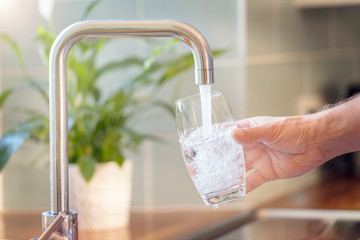
What’s in My Tap Water—and Should I Be Drinking It?
Water is essential for life, but not all water is created equal. Many people rely on tap water for their daily hydration needs, but it’s crucial to understand what’s in that water and whether it’s safe to drink.
Common Contaminants in Tap Water
Tap water can contain a variety of contaminants, including:
- Chlorine: Used to disinfect water, chlorine can leave a taste and odour that some find unpleasant.
- Lead: This toxic metal can leach into water from old pipes and plumbing fixtures, posing serious health risks.
- Pesticides: Agricultural runoff can introduce harmful chemicals into the water supply.
- Microorganisms: Bacteria and viruses can contaminate water sources, leading to gastrointestinal illnesses.
Health Implications of Contaminated Water
Drinking contaminated water can lead to various health issues, including:
- Digestive Problems: Pathogens in water can cause stomach cramps, diarrhoea, and vomiting.
- Neurological Issues: Lead exposure can result in cognitive impairments and developmental delays in children.
- Long-term Health Risks: Some contaminants are linked to chronic diseases, including cancer.
Should You Drink Tap Water?
While many municipalities treat their water to meet safety standards, the presence of contaminants can vary. It’s essential to check your local water quality report and consider using a water filter to reduce exposure to harmful substances.
Upgrade Your Water Quality with Bluewater Kitchen Station
For those looking to improve their water quality, the Bluewater Kitchen Station offers a reliable solution. This innovative system filters out contaminants, ensuring you have access to clean, safe drinking water.
For more details, visit our website or contact us at sales@bluewatergroup.com.